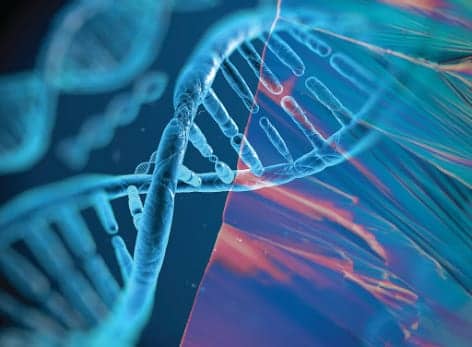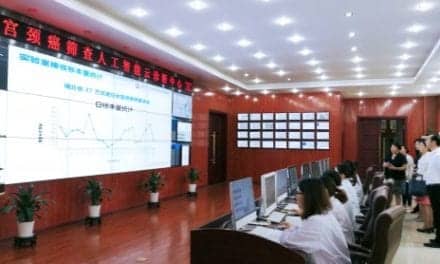The groundbreaking MSSNG project, an initiative of the health advocacy organization Autism Speaks, New York City, has reached its initial goal of performing whole-genome sequencing of more than 10,000 individuals with autism and their family members. The achievement creates the world’s largest open-source precision medicine database specific to understanding autism.
“Having 10,000 whole-genome sequences on one free, open-source platform gives researchers with diverse questions from around the world a powerful resource to better understand the genetics of autism and how they relate to each person’s unique strengths and challenges,” says Thomas Frazier, PhD, chief science officer for Autism Speaks. “MSSNG is central to our goal to rapidly develop ways to personalize care for people with autism.”
While continuing to grow, the 10,000-genome dataset went live in June 2019 in an advanced database, a critical milestone for ensuring that more genetic variations—and more types of autism—are represented in research analysis and results.
“We know there are many subtypes of autism. The more data we include related to different types of autism in each research study, the more inclusive the results will be, fueling a flow of discoveries,” explains Stephen Scherer, PhD, MSSNG research director. Scherer directs the center for applied genomics at the Hospital for Sick Children (SickKids) in Toronto, where the genome sequencing is conducted.
Launched in 2015, the MSSNG database started as an Autism Speaks collaboration with SickKids and Google. Today, MSSNG’s Cloud-based computing system is freely sharing data with 58 institutions that are producing transformational autism research studies across 16 countries. Study results have included 18 newly identified autism risk genes with de novo mutations or changes in nongene encoding regions.
Autism Speaks and SickKids have been joined by critical partners and genomic engineering leaders Verily and DNAStack. Their contributions of cutting-edge technology and resources have made MSSNG one of the most advanced autism genetic databases.
“MSSNG’s rich data, powerful software, and broad researcher access help close gaps in the world’s understanding of autism,” says David Glazer, engineering director at Verily. “Sequencing 10,000 genomes from affected families is an exciting milestone in our efforts to collect, organize, and activate health information.”
Technological contributions from the partner firms align MSSNG data to global standards, enabling researchers to access multiple large datasets from a single interface and providing deeper insights into the underpinnings of autism. The technologies promote responsible open science that can accelerate the discovery of solutions for individuals and families seeking help.
“Sharing data is one of the best ways to accelerate our understanding of genetically complex disorders like autism,” says Marc Fiume, PhD, CEO of DNAStack and cochair of the discovery workstream of the Global Alliance for Genomics and Health (GA4GH). “MSSNG is pioneering new methods in open science that will make data more findable, accessible, and useful. MSSNG will have an enormous impact on open science, far beyond autism, for years to come.”
For further information, visit MSSNG.
Featured image: Image courtesy Autism Speaks.






